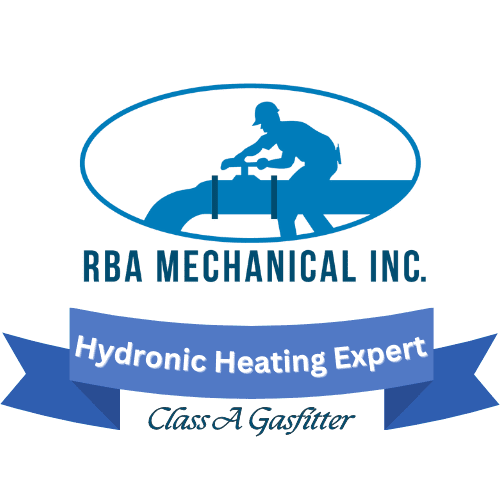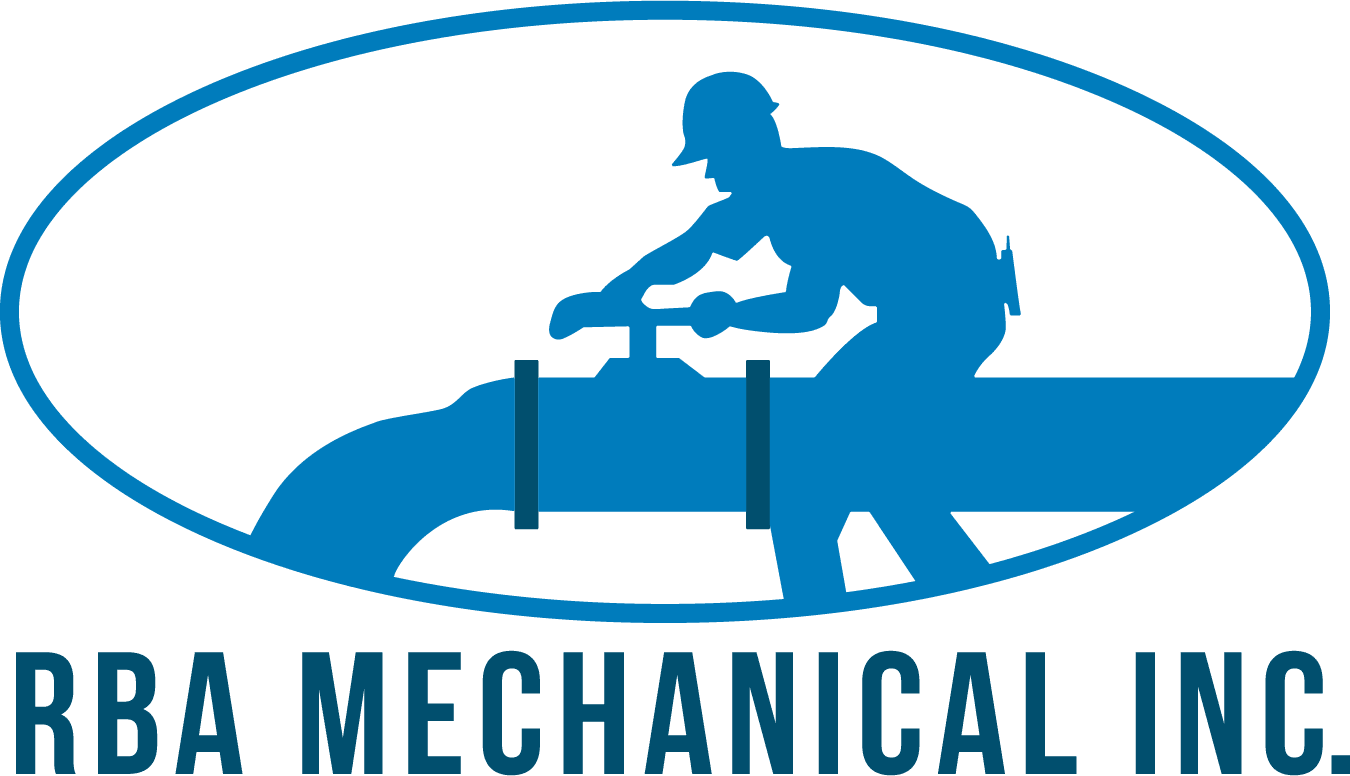Introduction to HVAC Ductwork, Diffusers and Return Air
When it comes to creating a comfortable environment in commercial spaces, the significance of HVAC ductwork often goes unnoticed. Yet, this intricate network plays a crucial role in regulating temperature and air quality. Properly designed and maintained ductwork is essential for efficiency and performance.
Imagine walking into an office or retail space where the air feels stale or uncomfortably warm. More than just an annoyance, these issues can stem from poorly installed ducts or inefficient diffusers. Understanding how these components work together can make all the difference in providing a pleasant atmosphere for employees and customers alike.
Let’s delve deeper into why HVAC ductwork, diffusers, and return air systems are vital to any successful commercial establishment. By exploring their roles and benefits, we’ll uncover strategies to ensure your space remains inviting year-round.
The Role of HVAC Ductwork in Commercial Spaces
Ductwork plays a crucial role in the efficiency of HVAC systems within commercial spaces. It acts as the transportation network for heated or cooled air, ensuring that every corner of a building receives proper climate control.
Well-designed ductwork improves airflow and minimizes energy loss. This is essential for maintaining comfortable temperatures in large areas such as offices, warehouses, and retail stores.
Moreover, effective duct systems contribute to indoor air quality by directing stale air away from occupied spaces. Properly sealed ducts prevent dust and allergens from circulating throughout the environment.
Additionally, when ductwork is sized appropriately for each space’s needs, it supports consistent performance across various zones. This balance leads to enhanced comfort levels while reducing operational costs over time.
Understanding the Importance of Diffusers in HVAC Systems
Diffusers play a crucial role in HVAC systems, impacting comfort and efficiency. They are the components that distribute conditioned air throughout commercial spaces.
Properly designed diffusers ensure even airflow, preventing hot or cold spots. When air is released from the ductwork through these devices, it creates a seamless blend with the room’s existing temperature.
The aesthetics of diffusers shouldn’t be overlooked either. They can enhance interior design while serving their functional purpose. A well-placed diffuser contributes to an organized appearance without compromising performance.
Moreover, choosing the right type of diffuser helps minimize noise levels in busy environments. This leads to a more pleasant atmosphere for both employees and customers alike.
Regular maintenance of diffusers is essential too. Dust accumulation can hinder airflow quality over time, making routine cleaning vital for optimal operation.
The Purpose and Benefits of Return Air Systems
Return air systems play a crucial role in maintaining balanced airflow within commercial spaces. They help regulate temperature and improve overall comfort by recirculating air back to the HVAC unit.
By pulling air from occupied areas, return air systems ensure that stale or heated air is efficiently replaced with fresh, conditioned air. This process not only enhances indoor air quality but also aids in energy efficiency.
Another benefit of these systems is their contribution to consistent climate control. With proper return airflow, buildings can avoid hot or cold spots, creating an evenly comfortable environment for occupants.
Additionally, effective return air circulation reduces strain on the HVAC system. When designed correctly, it minimizes energy consumption and prolongs the lifespan of equipment by preventing overworking and fatigue. Investing in a well-designed return air system pays off through improved performance and cost savings over time.
Common Issues with Improper HVAC Ductwork, Diffusers and Return Air
Improper HVAC ductwork can lead to a host of problems. One common issue is reduced airflow, which causes some areas to be too hot or too cold. This uneven temperature distribution wastes energy and creates uncomfortable working conditions.
Another frequent problem arises from poorly designed diffusers. They may not distribute air effectively, resulting in stagnant pockets of air that breed mold and allergens. Not only does this impact indoor air quality, but it can also affect employee health and productivity.
Return air systems are equally crucial. Insufficient return air pathways can create negative pressure, pulling contaminants into the system rather than circulating clean air throughout the space.
Neglected maintenance amplifies these issues over time. Dust buildup in ducts restricts airflow and degrades efficiency, leading to higher utility bills for businesses striving for an optimal environment.
How to Maintain and Improve Your HVAC System’s Ductwork, Diffusers and Return Air
Maintaining and improving your HVAC system’s ductwork, diffusers, and return air is essential for optimal performance. Regular inspections can identify potential issues before they escalate. Look for signs of wear, such as leaks or blockages in the ductwork.
Cleaning the ducts periodically helps to remove dust and debris that can hinder airflow. This not only improves efficiency but also enhances indoor air quality, creating a healthier environment for occupants.
Inspecting diffusers regularly ensures that they are functioning correctly. Adjustments may be necessary to direct airflow where it’s needed most. Properly positioned diffusers contribute significantly to balanced temperature distribution throughout the space.
Return air systems should also be checked frequently. Ensure that vents are unobstructed and well-maintained to facilitate smooth airflow back into the HVAC unit. This process plays a crucial role in regulating temperature and maintaining comfort levels within commercial spaces.
Investing in professional maintenance services can further enhance your system’s functionality by providing expert insights tailored to your specific needs. Implementing these practices will lead to improved energy efficiency, lower operational costs, and a more comfortable environment overall.
Shop Ventilation and Duct Work
Request Service or Get a Free Quote
Use the links below to browse more tips and advice or use the back button on your browser to return to the previous page.


